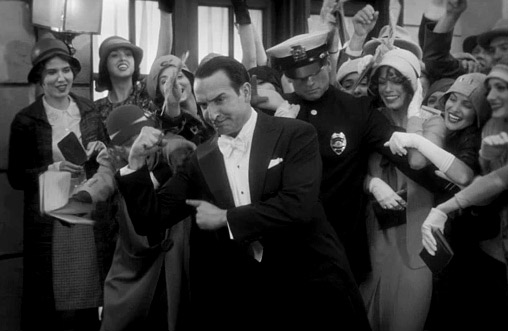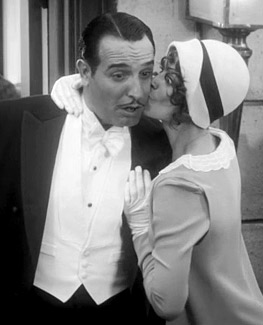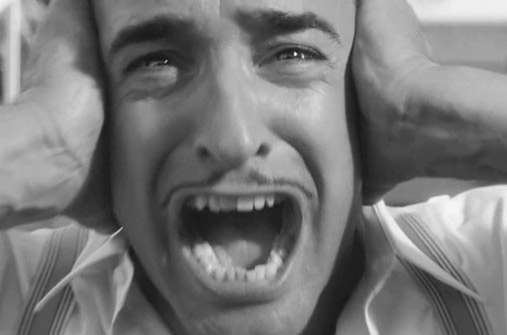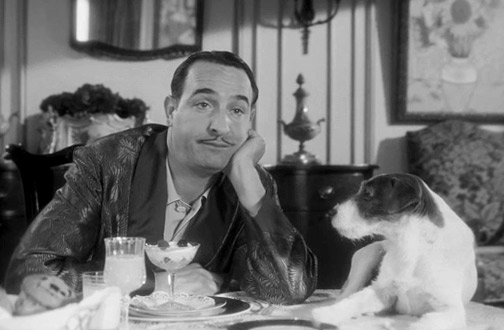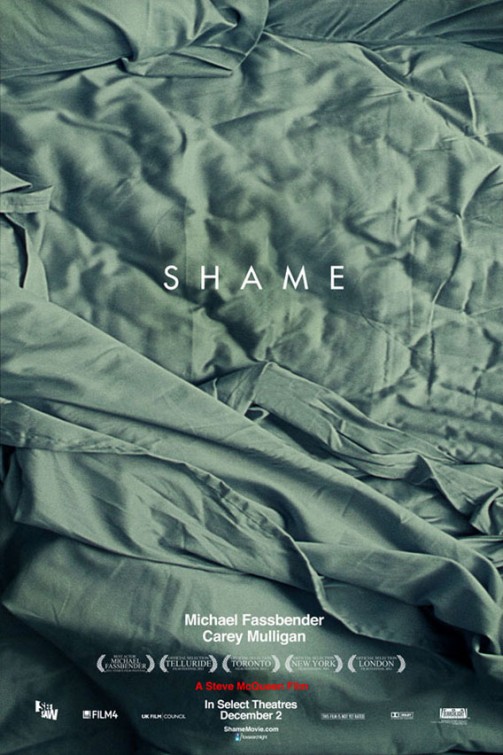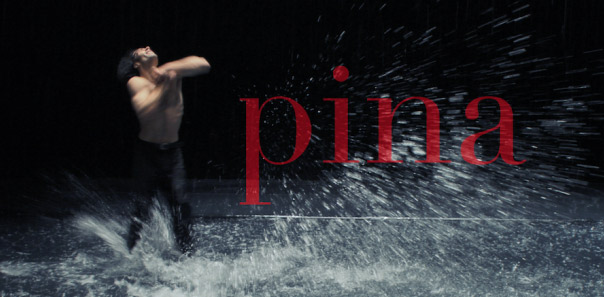10 Word Reviews: Hanna, Like Crazy, Puss in Boots, Coriolanus
 Monday, November 14, 2011 at 4:00PM
Monday, November 14, 2011 at 4:00PM Though I'm happy to have finally banged out a few thoughts on J Edgar, I'm never going catch up without engaging in some quickies. So herewith some miniature takes on things I've recently seen that I haven't written up. (And at the end of the post, a bit more on J. Edgar because you were asking... )

CORIOLANUS
For Fiennes directorial debut he adapts one of Shakespeare's lesser tragedies
10WR: Swings with brutish fists, occasionally landing blows. Impactful locale choices. B
Oscar? Supporting Actress. It will be all about beastly mama Redgrave chewing determinedly on her own anger. (Fiennes does the spitting for their amusingly Oedipal bond).
LIKE CRAZY
Crazy College Kids Cuddling Cross-Atlantic
10WR: Intermittently endearing / annoying, sensitively made. Starter kit for promising careers. B-
Oscar? Unlikely despite early buzz to the contrary. Best Actress is too crowded and romantic dramas don't win kudos for their male leads. On that note, I feel it's worth trumpeting that Anton Yelchin is every bit as strong as Felicity Jones in detailing the first crushing moments of love and the romantic confusion that often follows. Bonus points for giving us the most authentic "drunk but horny, trying to stay awake" face the movies have ever seen.
NO STRINGS ATTACHED
Crazy Post-Collegiate Kids' "NO CUDDLING!" Coitus
10 WR: 100% predictable but funny. Authentically acted despite proud sitcom leanings. C+
Oscar? LOL. But no embarrassment for Portman as post-Oscar performances go -- which it could have been. She's far better here than in The Other Woman. No really.
PUSS IN BOOTS
Puss invades another fairy tale (Jack and the Beanstalk) for treasure and personal redemption.
10WR: Indulgent backstories / setpieces bore. Charms with character and recurring gags. B
Oscar? Seems likely for animated feature but then they did ignore the last two Shrek movies.
HANNA
in which a teen killing machine is on the run from... because of... with only .....
10 WR: Carnage-filled collision of fairytales/Catholocism. Ridiculous. Unique. Very watchable B
Oscar? Stylized teen driven genre pieces are not their thing so "No". But how about that Chemical Bros score, eh? Cinematography was compelling, too.

J EDGAR & OSCAR?
Already reviewed and interviewed but y'all kept asking about Oscar. I only have it predicted for two nominations right now, Best Makeup and Best Actor. The makeup is getting mostly bad reviews but bad reviews have rarely stopped them from honoring "Most Makeup" in the past. As for the Best Actor nomination for Leonardo DiCaprio, I agree with Mark who says in the review comments.
I don't want to live in a world where Leo is given out of some sense of obligation but Fassbender is snubbed for his miraculous turn in Shame.
... but we do live in that kind of world, even if this year happens to pan out differently.
Otherwise, I don't see a way the film can find much Oscar traction. The costumes and art direction aren't particularly showy (and it's a crowded year). The cinematography seems to be one of the more divisive elements and historically the cinematography branch isn't as enamored with Eastwood's filmography as other branches tend to be. Even when his films are Best Picture nominated they don't often show up. Unforgiven (Jack N. Green) is the only one of his four Best Picture nominees to receive a cinematography nomination and Changeling (Tom Stern) is the only other one of his pictures so honored.
What's next review wise?
More substantial takes coming on Melancholia and the Scandinavian Oscar submissions...
 Coriolanus,
Coriolanus,  Hanna,
Hanna,  J Edgar,
J Edgar,  Like Crazy,
Like Crazy,  No Strings Attached,
No Strings Attached,  Oscars (11),
Oscars (11),  Puss in Boots,
Puss in Boots,  Reviews
Reviews 





